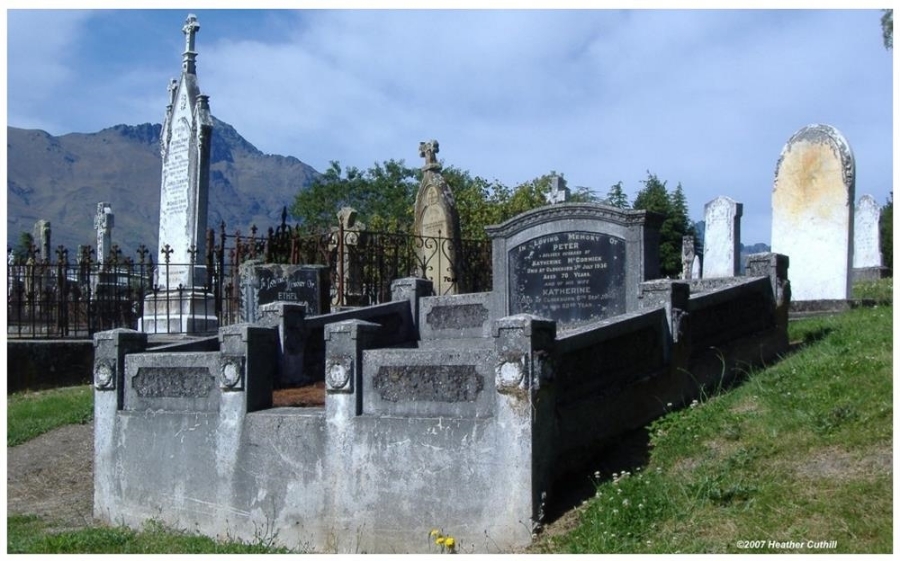
A growing number of U.S. states have enacted laws that allow a home owner to record a transfer on death deed (also called a beneficiary deed or a TOD) during their lifetime. This form of deed will transfer ownership of their property directly to the beneficiary (grantee) named in the deed when the owner (grantor) dies. This is a low-cost and trouble-free alternative to setting up a living trust in order to keep real estate property out of probate.
Would I still own my property if I file a TOD?
Yes. Because the transfer on death deed does not become effective until the grantor's death, the grantor still owns the property and can deal with it as he or she sees fit, including mortgaging, encumbrancing or selling it, or changing or revoking the TOD.
If the property is jointly owned, the last surviving owner can change or revoke the deed as they see fit. The beneficiary has no interest in the property, and therefore no say in what happens to the property, during the grantor's lifetime.
What is the benefit of recording a TOD?
A transfer on death deed keeps your real estate property out of probate after your death, which can reduce probate fees and speed up the process of distributing the estate assets. However, any applicable estate taxes will still be payable.
Do all states allow for recording a TOD?
No. Currently the states that allow for recordation of Transfer on Death Deeds or Beneficiary Deeds are: Alaska, Arizona, Arkansas, California, Colorado, District of Columbia, Hawaii, Illinois, Indiana, Kansas, Minnesota, Missouri, Mississippi, Montana, Nebraska, Nevada, New Mexico, North Dakota, Ohio, Oklahoma, Oregon, South Dakota, Texas, Utah, Virginia, Washington, West Virginia, Wisconsin and Wyoming.
Regulations, requirements and limitations differ from state to state, but in general the procedure is very similar. If you own property in any of these states, you can record a Transfer on Death Deed or Beneficiary Deed and reduce the probate costs to your estate after your death. However - as usual - you can't avoid the taxes.
Image by H. Cuthill


